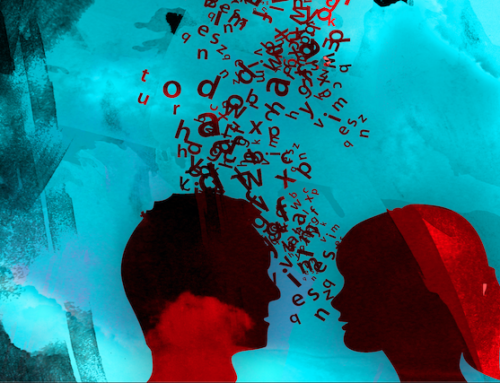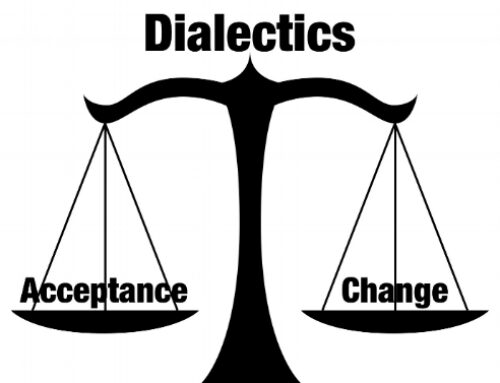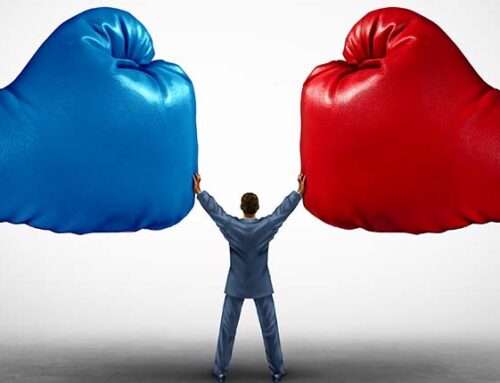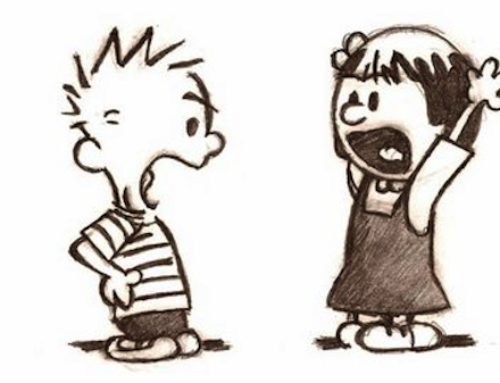How to Differentiate Good Conflict from Bad Conflict
February 14, 2021
Categories: Conflict
Conflict is a tricky thing to deal with in relationships and teams. Most of us avoid conflict like the plague. We are scared of it, and it makes us nervous. But conflict can be good for us. Conflict, if managed effectively, can deepen relationships and lead us to a better overall solution.
Destructive Conflict
But we’ve also probably seen destructive conflict play out, where people are cruel to each other or call each other names. This kind of conflict can lead to hurt feelings and relationship breakdown. So, how can we differentiate good conflict from bad conflict?
What is the Focus of the Conflict?
One helpful way to think about this issue is to consider the focus of the conflict. Is the conflict more focused on differences of opinion about the issue or idea that is being discussed? Or, is the conflict more about a negative evaluation of the people involved in the conflict?
Good Conflict
In general, good conflict is focused on differences of opinion about the issue or idea that is on the table. If you keep the conflict focused on the issue at hand, you can have high levels of disagreement and still maintain a good relationship.
Bad Conflict
However, bad conflict often devolves into personal attacks about the character of the people involved in the conflict. Name-calling, put-downs, and generalizations about a person’s behavior all fall into the category of bad conflict.
Set the Stage
So, how can we keep the conflict focused on the issue and not the person? First, it can help to set the stage for healthy conflict. Talk with your team about the differences between good and bad conflict. Get a commitment from everyone to keep conflict focused on the issue and not the person.
Redirect Bad Conflict
Second, people aren’t perfect, so it is likely that in the heat of the moment, people will slip up and shift the focus of their conflict from the issue to the person. When this happens, you have to step in and redirect the conflict. Remind the team about the commitment they all made to keep conflict focused on the issue rather than the person, and give the person an opportunity to do a re-do.
Deal with the Underlying Issue
One final note: If you find that your team is struggling consistently to keep conflict focused on the issue rather than the person, there might be a deeper interpersonal problem on your team that is underneath the surface. If there are unresolved issues between your team members, those can get triggered during a conversation about a particular issue. In situations like these, you have to address the interpersonal problem directly, or else it will keep getting triggered over and over again.
Discussion
What has been your experience of conflict, both interpersonally and on your team? What do you think about the distinction between good conflict and bad conflict?

Related Thoughts

Subscribe To My Newsletter
Join my mailing list to receive the latest blog posts.
Receive my e-book “The Mental Health Toolkit” for free when you subscribe.





